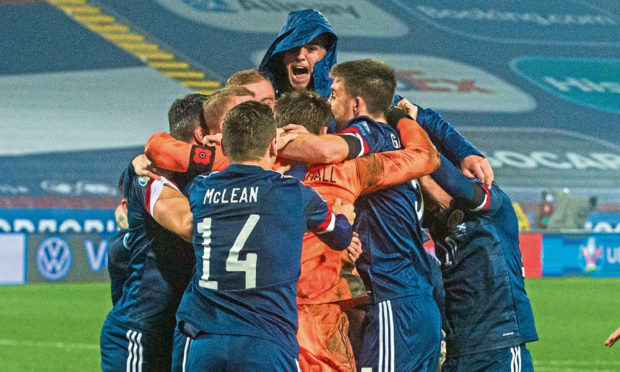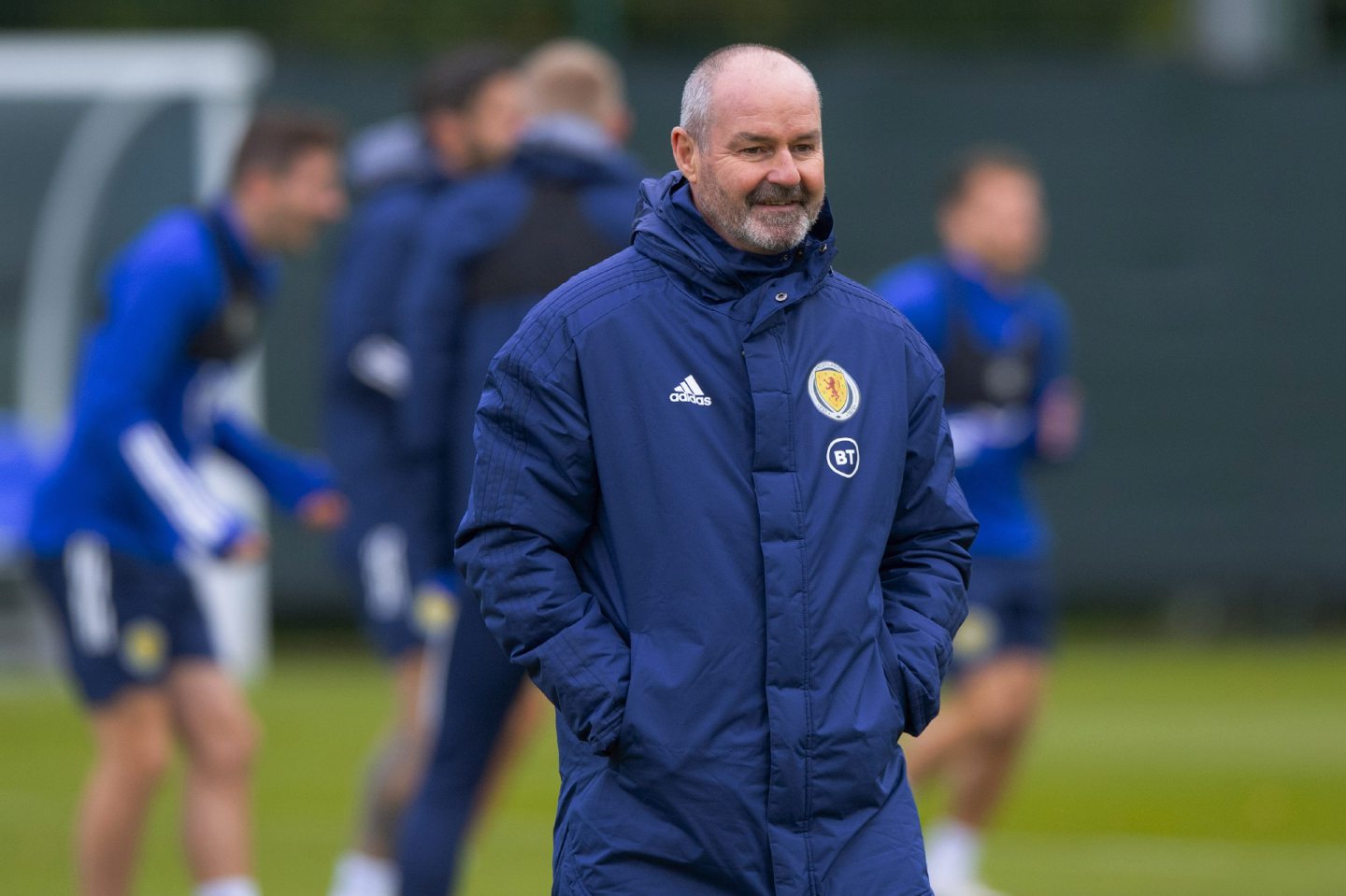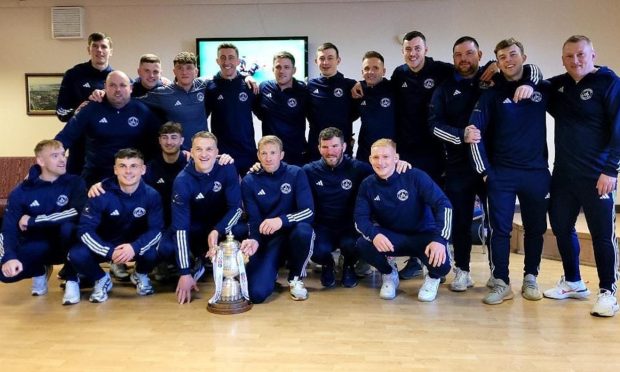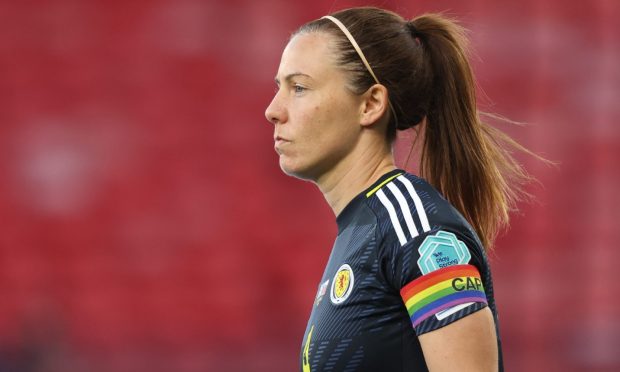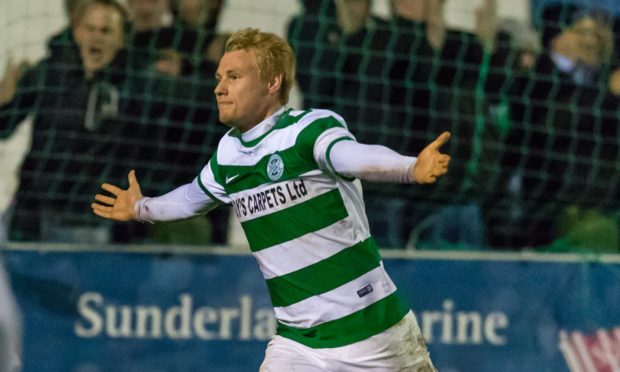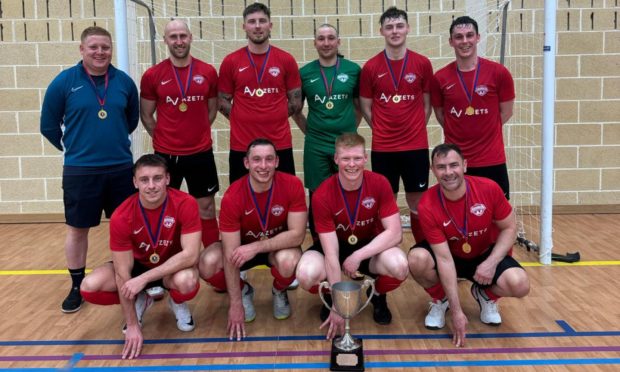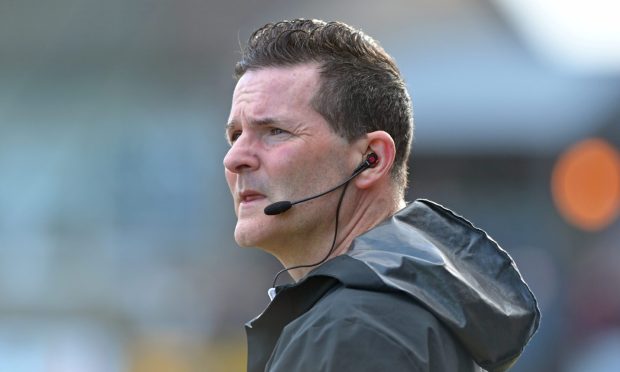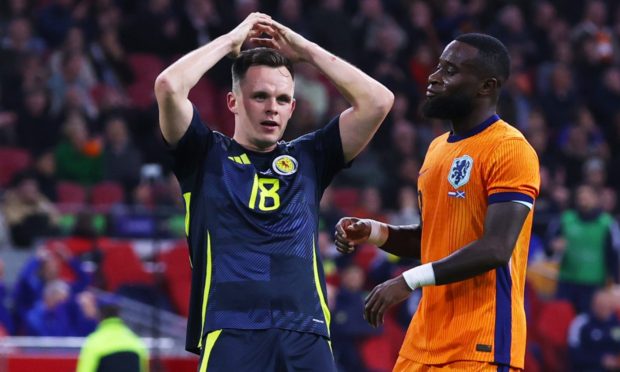My favourite part of Thursday night’s unforgettable drama in Belgrade was not David Marshall’s spectacular penalty save.
It was the moment immediately after when, instead of rushing to celebrate the greatest moment in his professional career, the Scotland goalkeeper turned to the referee to check there was no infringement.
Another view of a historic moment.
What a couple of days.
Let's keep it going.#NoScotlandNoParty pic.twitter.com/4jOBaBHX0U
— Scotland National Team (@ScotlandNT) November 14, 2020
The Derby stopper wanted to be 100% certain he hadn’t stepped off his line a moment too soon.
After 22 years of failing to qualify for major tournaments, Marshall clearly thought the same as the rest of us: “This is the Scotland team and good things don’t happen to us.”
Only when the referee gave him the thumbs-up did he start to rejoice, albeit with a look of astonishment etched across his face at what he had done
It was a beautiful moment and no Scotland fan will forget it.
While Marshall took the plaudits, Steve Clarke will go down as the manager who guided Scotland back to the promised land.
By earning Scotland a place in a major finals, Clarke succeeded where Craig Brown’s six successors – Berti Vogts, Walter Smith, Alex McLeish (twice), George Burley, Craig Levein and Gordon Strachan – all failed.
McLeish can claim some credit for this success as he was in charge when Scotland won their Nations League group to set up last month’s play-off semi-final against Israel.
But Clarke has taken Scotland to the next level.
The national team were unbeaten in nine games before yesterday’s tight 1-0 Nations League loss to Slovakia, had won five in a row and has conceded only once in four games.
The players now have a major tournament to prepare for next summer and, with Clarke at the helm, there is plenty reason for optimism.
The 57-year-old, from Saltcoats, who has emerged as the saviour of Scottish football is an intriguing personality.
He’s quiet, reserved and understated.
He previously worked as an assistant to Jose Mourinho at Chelsea and had the Portuguese manager been in charge of Scotland on Thursday night, he would have been grabbing the limelight with knee-slides on to the pitch and witty one-liners after the match.
Clarke, by contrast, was more than happy for the attention to fall on his players and looked uncomfortable with the praise bestowed upon him.
Of course, that only adds to the charm.
I’m sure the overwhelming feeling for Clarke when Marshall clawed away Mitrovic’s penalty was pure relief.
He would have known his decision to replace three of Scotland’s best players on the night – John McGinn, Lyndon Dykes and Ryan Christie – just minutes before Serbia equalised would have come under huge scrutiny had the shootout gone the other way.
In truth, Scotland should have won the game in 90 minutes and the agonising 30 minutes of extra time and the torture of penalties could have been avoided.
Still, the agony of Serbia’s injury-time equaliser and the nerve-shredding periods of extra time made victory taste all the sweeter.
